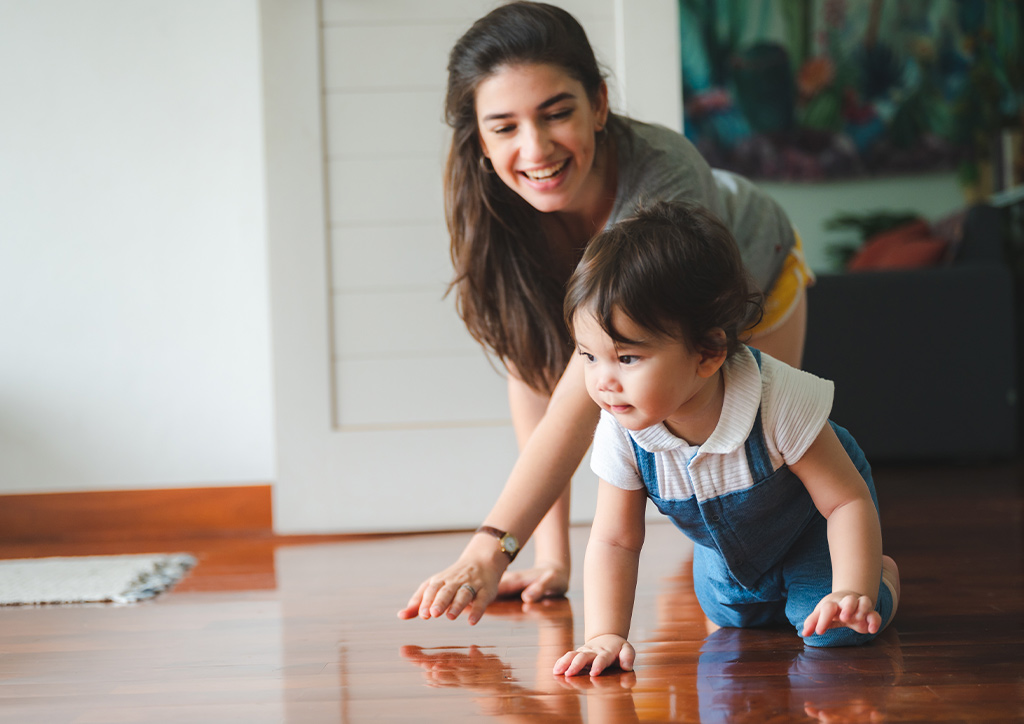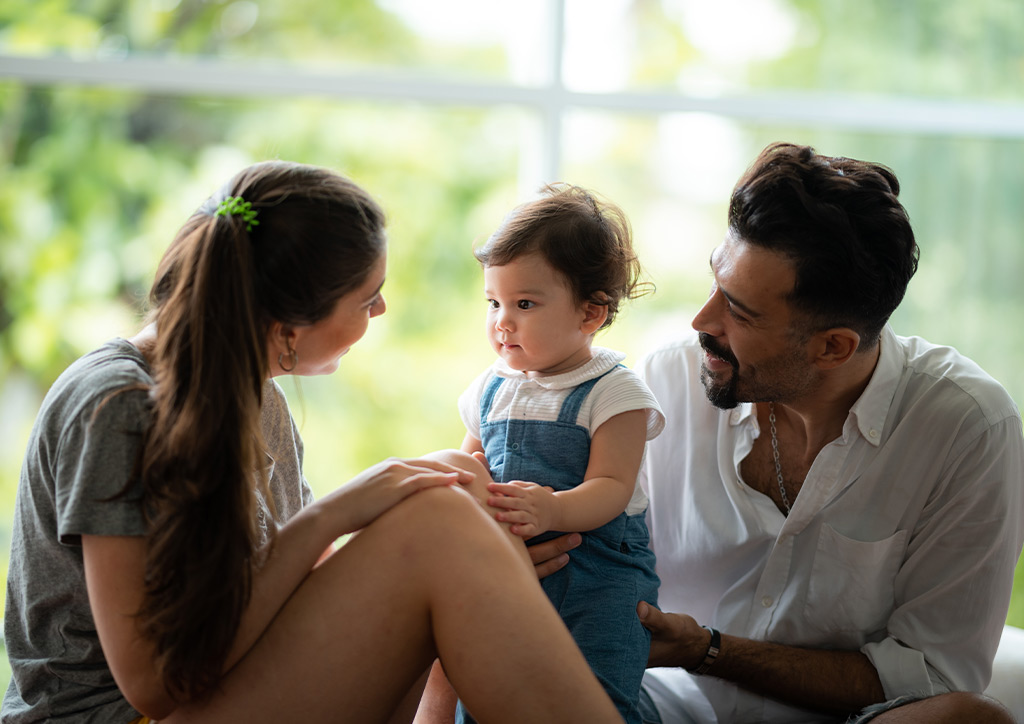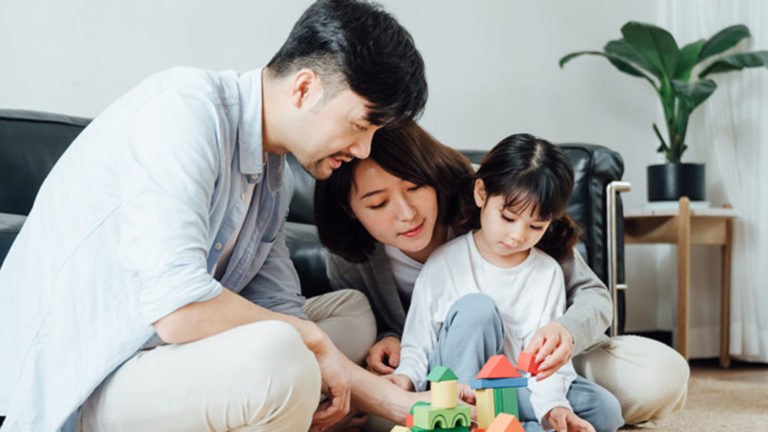Moms and Dads
5 Ways Our Childhood Affects Our Parenting
Both good and bad things that happened in our childhood can affect our current parenting approach.
Before many of us became parents, we swore that we would never repeat the mistakes of our parents. Although sometimes we’re successful, there are times we end up doing exactly the same thing that our parents did to us despite our better judgment. Sigmund Freud would often say that our childhood is at fault. But it’s more than just that.

1. Humans learn by copying.
Kids can learn from their parents by watching them. This learning pattern is based on Bandura’s Social Learning Theory which states that “the theory emphasizes the importance of observing, modeling, and imitating the behaviors, attitudes, and emotional reactions of others.” Especially if we kept seeing the behavior as kids, we’ll eventually repeat it unless we’re mindful enough to break the pattern.
2. Emotional impact of our childhood memories can also affect our parenting.
Certain events during our childhood — both good and bad — can shape how we respond to our children. When our parents disregard our negative feelings, we also disregard our own feelings and indirectly our children’s. We learn how to disregard based on the results which can vary from a cold and silent response to a volatile and explosive rage with a touch of gaslighting.
3. Our parents’ role in our learning experience shapes the way we teach.
Some of us may struggle to learn or teach because not every one of us grew up with a guiding hand. Many of us who grew up with the “sink-or-swim” or “suffering builds character” mentality may find ourselves feeling frustrated with teaching our kids because they don’t have anyone to model after as a good teacher.
4. Our childhood can make us go the opposite way in parenting.
Some of us can get so scandalized when we see other parents who appear “neglectful” with their children. But these kinds of parents exist because there are some who try “too hard” to not be like their parents. For example, if our parents were strict, we sometimes grow up hating them because of how “controlling” they were. Thus, out of spite or frustration, we loosen our grip on our kids. It also works vice-versa; if our parents were too neglectful, we can sometimes become helicopter parents.
5. What we missed out on in our childhood can suddenly become an extreme need.
Whether it’s emotional warmth, toys, good food, or what, we may find ourselves so determined to a fault in providing that for our kids. Based on Anna Freud’s Defense Mechanism Theory, there is a defense mechanism we call Projection where “an individual places their thoughts, feelings, and beliefs onto another person”. This allows us to “live” that experience through our children, achieving that dream we lost.

Recognizing the role of our childhood can make us better parents.
It’s not easy to face our past especially if it’s because we think that the world will always hang it over our heads. But by recognizing and accepting our childhood’s role in our parenting, we can prevent history from repeating itself. But this isn’t something we need to do alone. We can do it with our partner and even a professional so that we can help our parenting be the one our kids need.
More parenting psychology:
5 Parenting Reminders to Help You Stay Calm During Chaotic Moments
We Hate Unsolicited Parenting Advice! So Why Do It?
What’s the Difference Between Gentle Parenting and Permissive Parenting?





